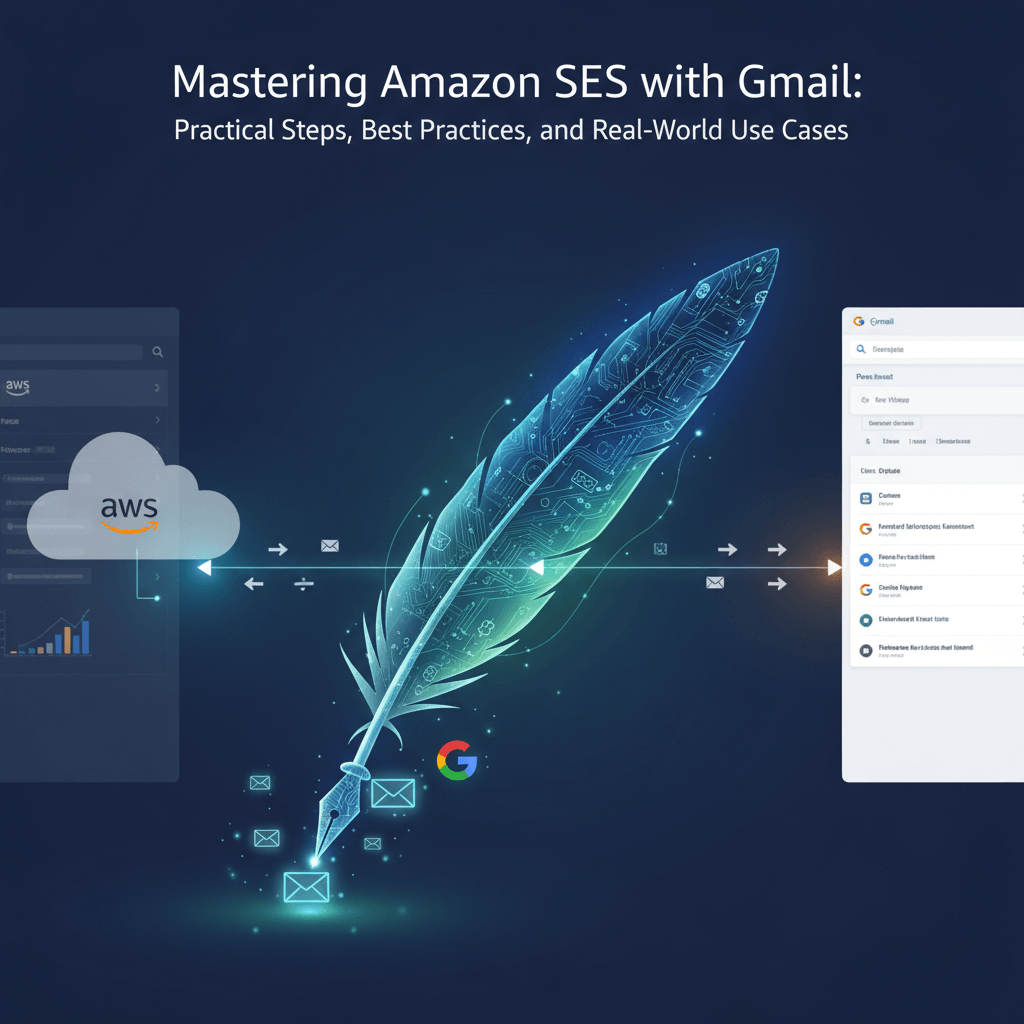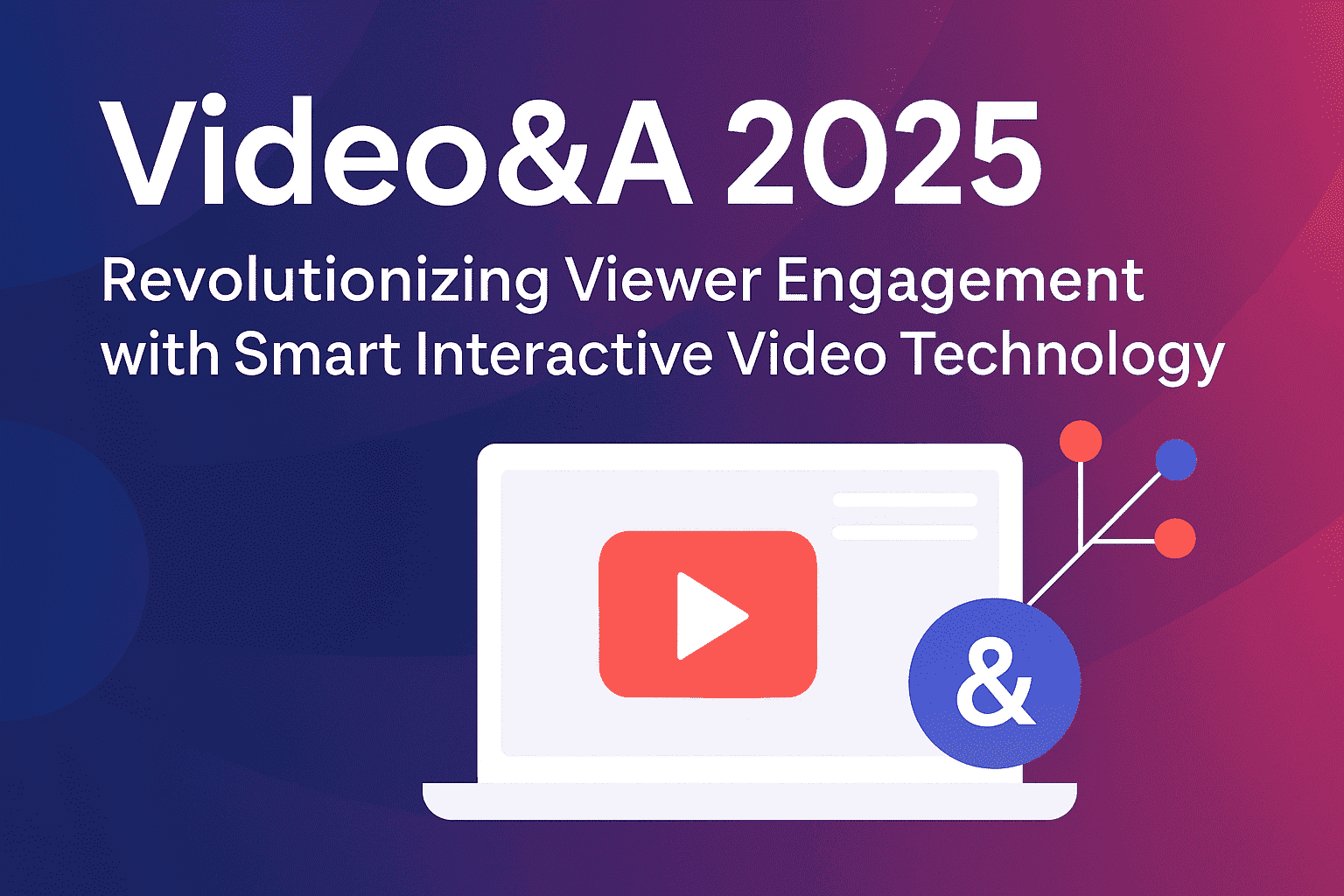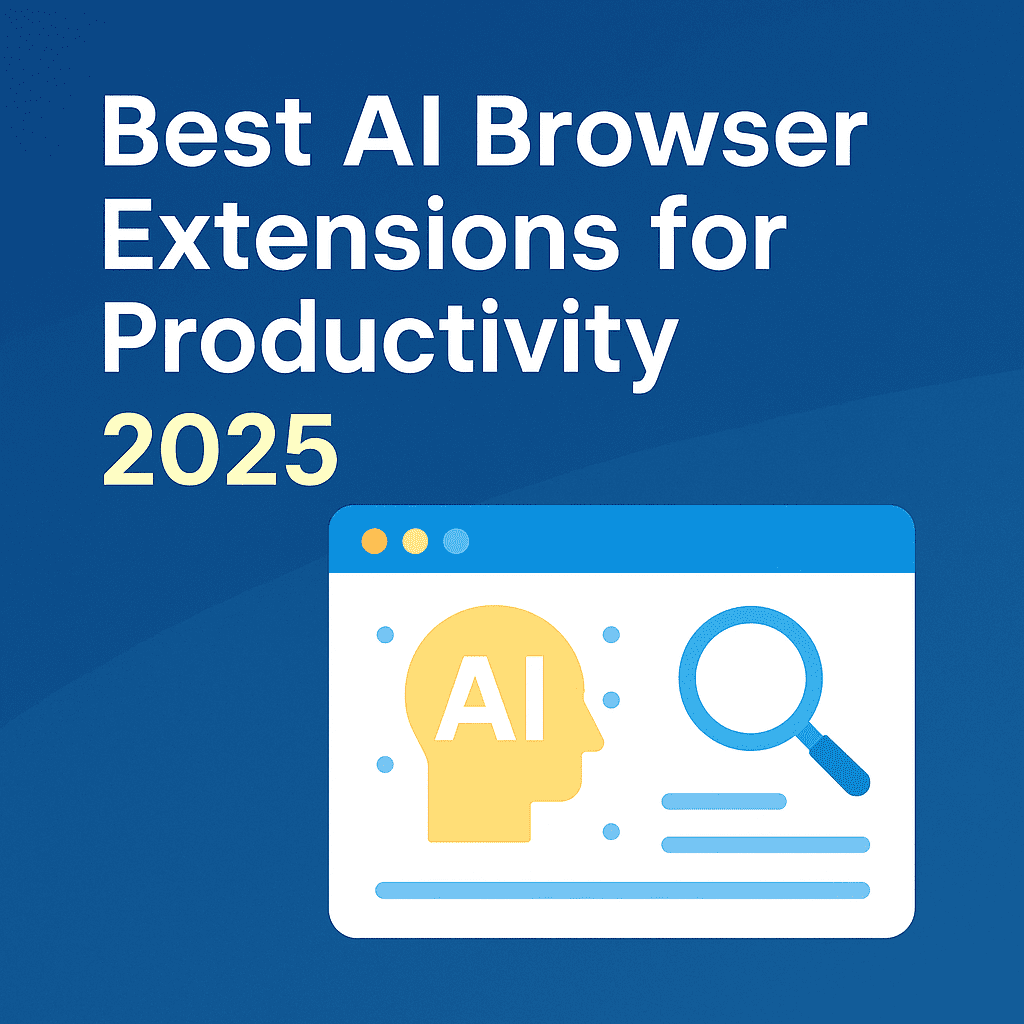Beyond the basics of financial accounting, advanced training delves into sophisticated reporting techniques essential for accounts assistants aiming to excel in their roles. These techniques go beyond the standard financial statements and encompass advanced topics such as consolidated financial statements, segment reporting, and accounting for mergers and acquisitions.
Understanding consolidated financial statements is crucial for accounts assistants working in multinational corporations or conglomerates. These statements consolidate the financial results of multiple entities within a group, providing stakeholders with a comprehensive view of the group’s financial performance and position. Training in this area covers topics such as equity method accounting, non-controlling interests, and intercompany transactions, enabling accounts assistants to navigate complex consolidation processes with ease.
Segment reporting is another advanced reporting technique that accounts assistants may encounter in their roles. Segment reporting involves disclosing financial information about different segments or business units of an organization, allowing stakeholders to evaluate the performance and profitability of each segment independently. Training in segment reporting equips accounts assistants with the knowledge and skills to identify reportable segments, allocate shared expenses, and prepare segment disclosures in compliance with accounting standards.
Additionally, accounts assistants may receive training on accounting for mergers and acquisitions (M&A), which involves complex accounting treatments and financial reporting requirements. In M&A transactions, accounts assistants play a crucial role in assessing the fair value of acquired assets and liabilities, determining goodwill or bargain purchase gain, and preparing the necessary disclosures in the financial statements. Training in this area covers topics such as purchase price allocation, contingent consideration, and business combination accounting standards, ensuring accounts assistants can navigate M&A transactions effectively.
Specialized Industry Knowledge
In addition to general accounting principles, training programs may offer specialized knowledge tailored to specific industries. Accounts assistants working in healthcare, manufacturing, hospitality, or other specialized sectors may benefit from training on industry-specific regulations, accounting practices, and reporting requirements.
For example, accounts assistants in the healthcare industry may receive training on healthcare-specific accounting standards such as ASC 606 (Revenue from Contracts with Customers) and ASC 842 (Leases). They may also learn about unique healthcare reimbursement methodologies, regulatory compliance requirements such as HIPAA (Health Insurance Portability and Accountability Act), and financial reporting considerations for healthcare organizations.
Similarly, accounts assistants in the manufacturing industry may receive training on cost accounting principles, inventory valuation methods, and production cost analysis. They may also learn about industry-specific regulations such as International Financial Reporting Standards (IFRS) for inventory valuation and reporting requirements for capital expenditures.
In the hospitality industry, accounts assistants may receive training on revenue recognition principles for hotel bookings, food and beverage sales, and ancillary services. They may also learn about industry-specific performance metrics such as average daily rate (ADR), revenue per available room (RevPAR), and occupancy rate, which are essential for financial analysis and reporting in the hospitality sector.
By gaining specialized industry knowledge through training, accounts assistants can better understand the unique financial challenges and opportunities within their respective industries. This enables them to provide more tailored financial support and analysis to their organizations, ultimately contributing to better decision-making and performance.
Audit and Assurance Skills
Understanding auditing principles and practices is essential for accounts assistants involved in internal or external audit processes. Training in audit and assurance covers topics such as risk assessment, audit planning, and audit evidence evaluation, preparing accounts assistants to support audit activities effectively.
In internal audit roles, accounts assistants may assist in conducting risk assessments to identify areas of potential financial risk or control weaknesses within the organization. They may also participate in audit planning activities, including developing audit programs, identifying key controls, and determining sampling methods for testing.
During the audit fieldwork phase, accounts assistants may be responsible for gathering audit evidence, performing audit procedures, and documenting their findings. This requires attention to detail, analytical skills, and adherence to professional auditing standards. Training in audit procedures equips accounts assistants with the necessary knowledge and skills to conduct audit tests accurately and efficiently.
In external audit roles, accounts assistants may support external auditors in conducting financial statement audits, reviews, or compilations for clients. This involves understanding auditing standards such as Generally Accepted Auditing Standards (GAAS) or International Standards on Auditing (ISA) and applying them to assess the fairness and reliability of financial statements.
Accounts assistants may also assist in preparing audit documentation, responding to auditor inquiries, and addressing audit findings or recommendations. Training in audit and assurance ensures accounts assistants understand their roles and responsibilities in the audit process and can contribute effectively to the audit engagement.
Financial Planning and Analysis
Many training programs include modules on financial planning and analysis (FP&A), which focus on forecasting, budgeting, and financial modeling. FP&A skills are essential for accounts assistants seeking to support strategic decision-making and financial management within their organizations.
Financial forecasting involves predicting future financial performance based on historical data, market trends, and business assumptions. Accounts assistants learn to develop financial models, analyze historical trends, and incorporate assumptions to forecast revenues, expenses, and cash flows accurately. These forecasts enable organizations to anticipate future financial needs, evaluate investment opportunities, and set realistic financial goals.
Budgeting is the process of allocating resources to different activities or departments within an organization to achieve strategic objectives. Accounts assistants play a vital role in budget preparation, monitoring budget performance, and variance analysis. They collaborate with department heads, analyze budget variances, and provide insights to management on areas of overspending or cost-saving opportunities.
Financial modeling involves creating mathematical representations of financial scenarios to evaluate the impact of different variables on financial outcomes. Accounts assistants learn to build financial models using spreadsheet software such as Microsoft Excel, incorporating inputs such as revenue projections, expense forecasts, and capital expenditures. These models enable organizations to assess the financial feasibility of investment projects, mergers and acquisitions, or strategic initiatives.
By mastering financial planning and analysis techniques, accounts assistants can provide valuable support to decision-makers within their organizations. They can help management evaluate business performance, identify opportunities for growth or cost savings, and develop strategies to achieve financial objectives.
Leadership and Management Skills
As accounts assistants progress in their careers, they may transition into leadership or management roles where they are responsible for supervising teams, managing projects, and driving organizational change. Training in leadership and management equips them with essential skills such as team building, conflict resolution, and strategic thinking.
Effective team building is essential for creating a cohesive and motivated workforce. Accounts assistants learn to build and nurture high-performing teams by fostering open communication, encouraging collaboration, and recognizing individual contributions. They also learn to delegate tasks, empower team members, and provide constructive feedback to support professional development and growth.
Conflict resolution skills are crucial for handling disagreements or disputes that may arise within teams or between individuals. Accounts assistants learn to identify the root causes of conflicts, facilitate constructive dialogue, and negotiate mutually beneficial solutions. By resolving conflicts effectively, they can maintain positive working relationships and minimize disruptions to productivity and morale.
Strategic thinking involves analyzing complex problems, evaluating alternative solutions, and making informed decisions to achieve organizational goals. Accounts assistants learn to think critically, anticipate future challenges, and identify opportunities for innovation and improvement. They also learn to align their actions with the organization’s strategic objectives, ensuring their efforts contribute to long-term success.
By developing leadership and management skills through training, accounts assistants can prepare themselves for roles with greater responsibility and authority within their organizations. They can effectively lead teams, manage projects, and drive organizational change, contributing to improved performance, employee engagement and organizational success.
Continuous Professional Development
The field of finance is dynamic and constantly evolving, with new regulations, technologies, and best practices emerging regularly. Accounts Assistant Training emphasizes the importance of continuous professional development (CPD) to stay abreast of industry trends and advancements. CPD activities may include attending seminars, earning certifications, or participating in online courses to expand knowledge and skills.
CPD allows accounts assistants to stay updated on the latest developments in finance, such as changes in accounting standards, regulatory requirements, or technological innovations. By investing in CPD, accounts assistants demonstrate their commitment to professional growth and excellence, positioning themselves as valuable assets to their organizations.
Continuous learning also enables accounts assistants to adapt to changing business environments and market conditions. Whether it’s mastering new accounting software, understanding emerging financial technologies, or navigating regulatory changes, CPD equips accounts assistants with the knowledge and skills to stay ahead of the curve.
Furthermore, CPD fosters a culture of innovation and continuous improvement within organizations. By encouraging employees to pursue learning opportunities and stay updated on industry developments, organizations can drive innovation, enhance competitiveness, and foster a culture of excellence.
Ethical Decision-Making
Ethical conduct is fundamental to maintaining trust and integrity in the finance profession. Training programs often include modules on ethical decision-making, emphasizing the importance of honesty, integrity, and transparency in financial reporting and business practices.
Accounts assistants learn to identify ethical dilemmas that may arise in their roles, such as conflicts of interest, financial fraud, or confidentiality breaches. They develop the skills to assess the ethical implications of different courses of action, considering factors such as fairness, honesty, and respect for stakeholders’ interests.
In addition to ethical awareness, accounts assistants learn about professional codes of conduct and ethical standards established by organizations such as the American Institute of Certified Public Accountants (AICPA) or the Institute of Management Accountants (IMA). These standards provide guidance on ethical behavior, integrity, and professionalism in the finance profession.
By emphasizing ethical decision-making in training, accounts assistants are better equipped to uphold the highest standards of integrity and professionalism in their roles. They understand the importance of ethical conduct in maintaining public trust, protecting organizational reputation, and ensuring compliance with legal and regulatory requirements.
Cloud accounting refers to the use of cloud-based software for financial management, such as cloud-based accounting software like Xero or QuickBooks Online.
Technological Proficiency
With the increasing integration of technology in finance, accounts assistants must stay updated on the latest tools and software. Training in technological proficiency covers areas such as data analytics, cloud accounting, and automation, enabling accounts assistants to leverage technology effectively in their roles.
Data analytics skills are essential for accounts assistants to analyze financial data, identify trends, and extract actionable insights. Training in data analytics equips them with the knowledge and tools to use data visualization techniques, statistical analysis software, and predictive modeling to support decision-making and financial analysis.
Cloud accounting refers to the use of cloud-based software for financial management, such as cloud-based accounting systems like QuickBooks Online or Xero. Training in cloud accounting familiarizes accounts assistants with the features and functionalities of cloud-based software, enabling them to access financial data securely from anywhere, collaborate with team members in real-time, and streamline financial processes.
Automation involves using software or technology to automate repetitive tasks and streamline workflows. Training in automation introduces accounts assistants to robotic process automation (RPA), workflow automation tools, and scripting languages such as Python or VBA (Visual Basic for Applications). By automating manual tasks such as data entry, reconciliation, or report generation, accounts assistants can improve efficiency, accuracy, and productivity in their roles.
By mastering technological proficiency through training, accounts assistants can leverage technology to streamline financial processes, improve decision-making, and drive innovation in their organizations. They can adapt to technological advancements, stay competitive in the digital age, and contribute to organizational success.
Conclusion
In conclusion, Accounts Assistant Training encompasses a diverse range of topics and skills essential for success in the field of finance. From advanced financial reporting techniques to specialized industry knowledge, leadership skills, and technological proficiency, comprehensive training programs prepare accounts assistants to excel in their roles and contribute to organizational success.
By investing in Accounts Assistant Training, organizations can empower their employees to achieve excellence, drive innovation, and maintain a competitive edge in today’s dynamic business environment. Whether it’s through formal education, professional certifications, or continuous professional development, training equips accounts assistants with the knowledge, skills, and confidence to navigate the complexities of the finance profession with proficiency and integrity.















Leave a Reply